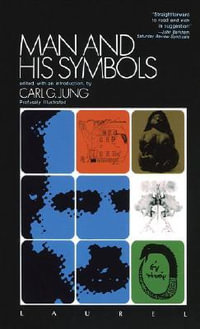
Hindsight Bias
A Special Issue of Memory
By: Ulrich Hoffrage (Editor), Ruediger Pohl (Editor)
Paperback | 7 August 2003 | Edition Number 1
At a Glance
Paperback
RRP $81.99
$65.50
20%OFF
Available for Backorder. We will order this from our supplier however there isn't a current ETA.
ISBN: 9781841699387
ISBN-10: 1841699381
Series: Special Issues of Memory
Published: 7th August 2003
Format: Paperback
Language: English
Number of Pages: 176
Audience: General Adult
Publisher: Taylor & Francis Ltd
Country of Publication: GB
Edition Number: 1
Dimensions (cm): 26.04 x 20.32 x 1.27
Weight (kg): 0.43
Shipping
| Standard Shipping | Express Shipping | |
|---|---|---|
| Metro postcodes: | $9.99 | $14.95 |
| Regional postcodes: | $9.99 | $14.95 |
| Rural postcodes: | $9.99 | $14.95 |
How to return your order
At Booktopia, we offer hassle-free returns in accordance with our returns policy. If you wish to return an item, please get in touch with Booktopia Customer Care.
Additional postage charges may be applicable.
Defective items
If there is a problem with any of the items received for your order then the Booktopia Customer Care team is ready to assist you.
For more info please visit our Help Centre.
You Can Find This Book In
This product is categorised by
- Non-FictionMedicineMedicine in GeneralHealth Systems & ServicesMental Health Services
- Non-FictionPsychologyCognition & Cognitive PsychologyMemory
- Non-FictionBusiness & ManagementManagement & Management TechniquesManagement of Specific AreasPersonnel & Human Resources Management
- Non-FictionBusiness & ManagementOffice & WorkplaceWorking Patterns & Practices
- Non-FictionEducationCareers GuidanceIndustrial or Vocational Training
- Non-FictionEducationHigher & Further EducationTeacher Training
- Non-FictionPsychologyPsychological Theory, Systems, Schools of Thought & Viewpoints
- Non-FictionPsychologyCognition & Cognitive PsychologyIntelligence & Reasoning























